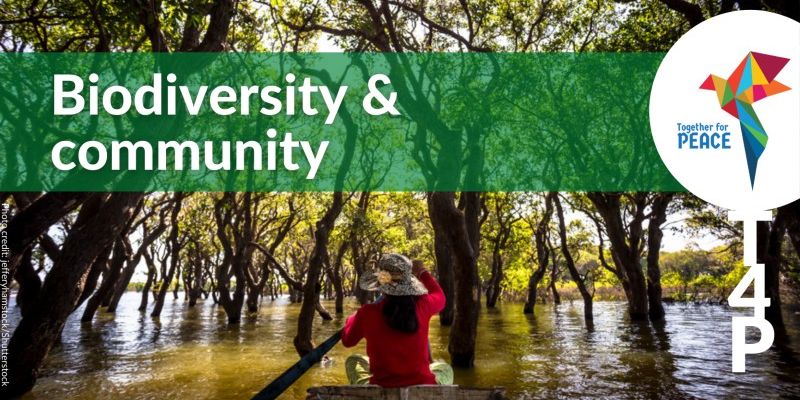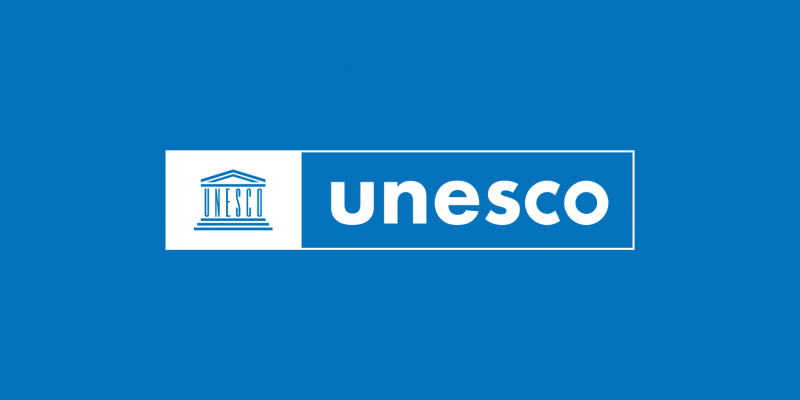“Together: Resisting, Supporting, Healing!” in inclusive education spaces for LGBTI learners
“ In my life I have had a lot of turmoil from childhood to adulthood. As far as I can remember I felt like a social outcast, especially [by] my classmates who hated me in elementary school, people who did not play with me…. sometimes I did not dare to leave the classroom at all.”
Khampasong, 20 year old gay student, Lao PDR
On 17 May each year, more than 130 countries worldwide commemorate the International Day Against Homophobia, Transphobia and Biphobia (IDAHOTB). IDAHOTB was created in 2004 to draw attention to the violence and discrimination experienced by lesbian, gay, bisexuals, transgender, intersex people (LGBTI), and all other people with diverse sexual orientations, gender identities or expressions, and sex characteristics (SOGIESC). Such violence and discrimination are perpetuated and experienced in personal and professional spaces, both offline and online. It affects adults, youth and children, including those in school and other learning institutions and spaces.
During the COVID-19 pandemic, under periods of restricted mobility or other measures to control the spread of the coronavirus, many LGBTI youth have been confined to unsupportive home environments or have experienced abusive language and treatment in-person or online. In 2020 the Interagency Task Team on young key populations in the AIDS response conducted an online survey that examined challenges faced by these populations in Asia and the Pacific during the pandemic. The survey findings revealed that among those respondents who identified as LGBTI individuals, around 40% have faced violence, while one in two respondents has faced stigma and discrimination during this time.
Yet even before the COVID-19 pandemic, LGBTI young people were at risk of multiple forms of violence and abuse. A 2019 report by UNESCO on school violence and bullying noted that children who are perceived to be ‘different’ in any way are more likely to be bullied, and that students seen as gender non-conforming, including those who are or are perceived to be LGBT, are more at risk of school violence and bullying than those who fit into traditional gender norms.
School-related violence in all its forms is an infringement of young people’s rights to education and to health and well-being. Recognizing that no country can achieve inclusive and equitable quality education for all, if learners experience violence and bullying in school, UNESCO Bangkok draws on the occasion of IDAHOTB to highlight the experiences, needs and demands of LGBTI learners and to promote safe, inclusive and gender-equitable learning environments.
In commemoration of the 2021 IDAHOTB theme, “Together: Resisting, Supporting, Healing!”, UNESCO Bangkok invited LGBTI youth and their allies from across Asia and the Pacific to share their messages of inclusion, equity and mutual respect and perspectives on the role of education in shaping supportive attitudes and learning spaces. These messages of hope for their peers and recommended actions directed at education policy makers have been combined with artwork from the office’s 2019 #ColourMeIn campaign, to create a gallery of vibrant and inspiring digital postcards on UNESCO Bangkok’s social media channels.
Please visit, like and share the 2021 gallery of images and quotes on UNESCO Bangkok Facebook, Twitter and Instagram.








